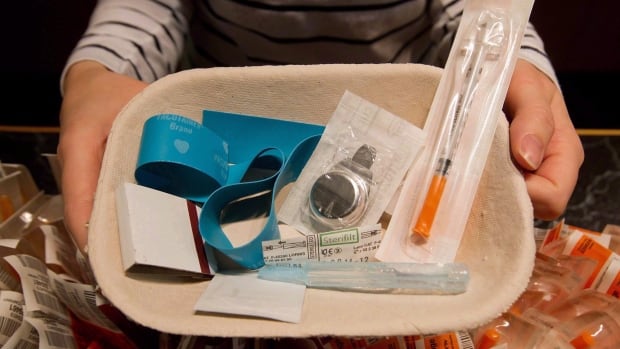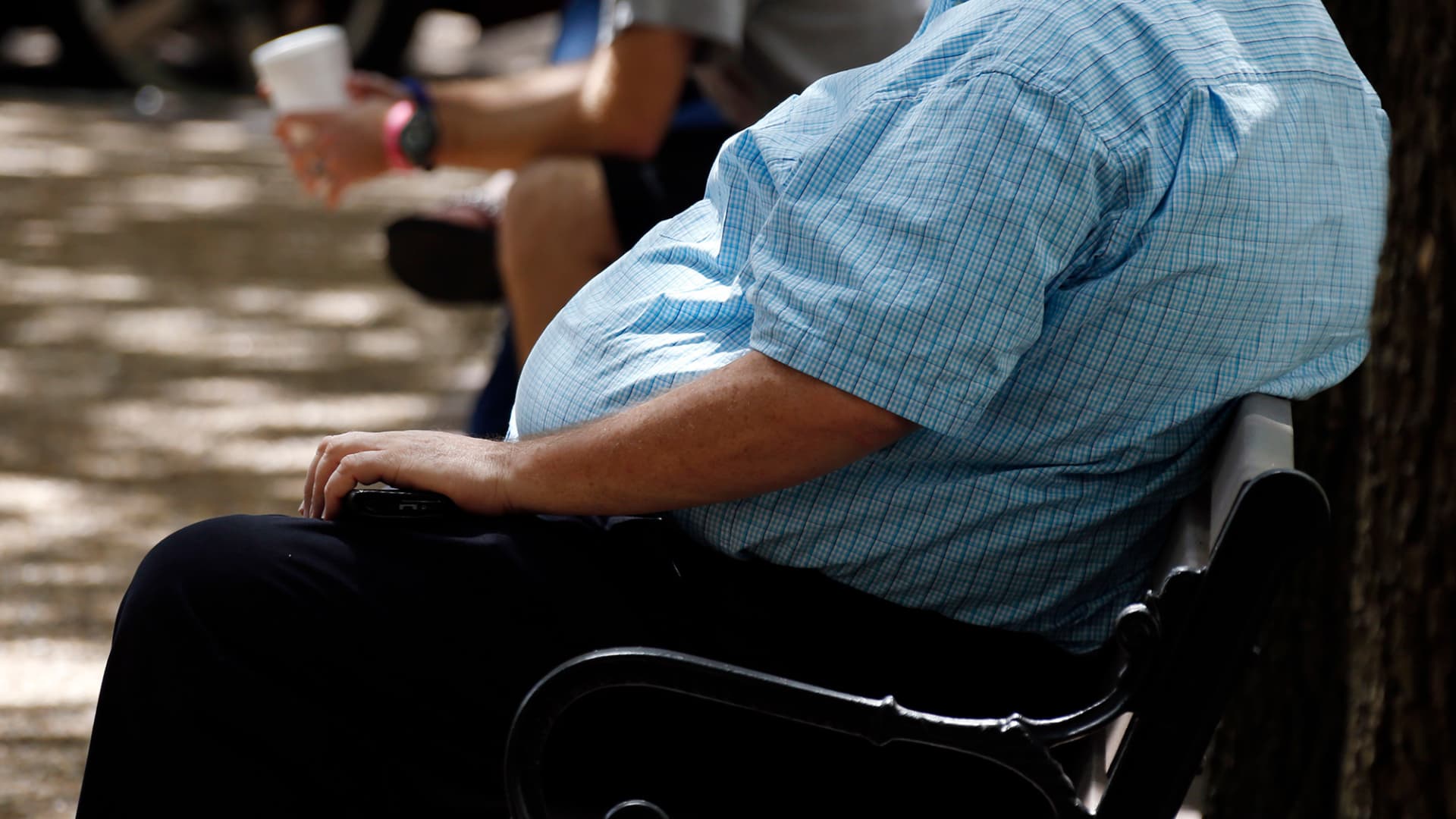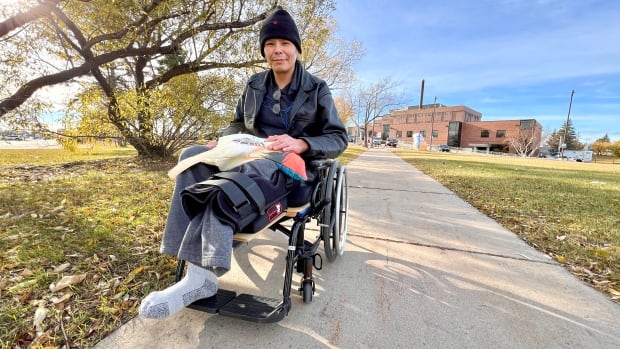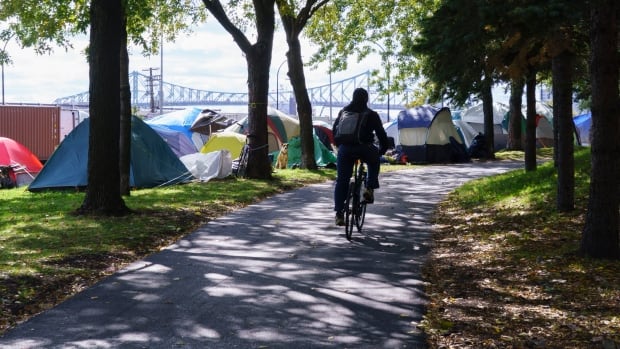The Current19:40People will die if safe consumption sites close, warns advocate
Dr. Sharon Koivu says a decision by the Ontario government that will shutter 10 supervised drug consumption sites across the province was disappointing — though not a total shock.
“I am very concerned about the decision to shut them down [but] I’m not surprised,” said Koivu, an addiction medicine consultant with St. Thomas Elgin General Hospital in an interview with The Current guest host Connie Walker.
The plan, first announced on Tuesday by Ontario Health Minister Sylvia Jones, bars supervised consumption sites from operating within 200 metres of a school or daycare facility. Five of the facilities are located in Toronto, while the other five are in Ottawa, Kitchener, Thunder Bay, Hamilton and Guelph, and must close by March 31, 2025.
It comes after two reviews into supervised consumption sites commissioned by Queen’s Park following the death of a woman who was struck by a stray bullet near one such site in Toronto last year.
In the same announcement, Jones said her government would invest $378 million to open 19 new Homelessness and Addiction Recovery Treatment (HART) Hubs.
Despite her worries, Koivu hopes the province’s plans might lead to a more holistic drug strategy in the long run.
Koivu says support for supervised injection sites as a harm reduction measure has become the focus for too many advocates, while other measures like addictions treatment have received less attention.
“Harm reduction is important, but it’s important [as] part of the four pillars of addiction treatment,” said Koivu.
Prevention, treatment, harm reduction and enforcement are the four principle pillars that addiction specialists often use to guide their strategy.
Koivu says that people running supervised injections sites have “lost that desire to help people transition into recovery,” adding that sites have a mandate to help with recovery.
Another key piece is communicating with communities near consumption sites to ensure safety concerns are addressed — something Koivu says has been lacking since these sites were first implemented.

Koivu pointed to centres in London, Ont., which has two drug treatment facilities already — one that’s Indigenous-led and one that’s specifically for youth — as positive examples. She says they’ve been “working quite well” so far, but cautions that more beds are needed.
“We’re far behind in the amount of hubs that had been initially planned in the city by this point in time,” said Koivu.
Safe consumption sites a ‘linchpin’ in treatment system
Gillian Kolla, a public health researcher and assistant professor in the faculty of medicine at Memorial University, disagrees that harm reduction advocates have lost sight of recovery.
She says safe consumption sites act as a “linchpin” in the treatment system, where drug users can access all kinds of health and social services, both on-site or through referrals.
“People who are struggling with their substance use and wish to engage in treatment, they go toward the supervised consumption sites in their neighbourhood because they know that they have compassionate care there,” said Kolla.
Ontario is introducing new rules for supervised drug consumption sites, including banning all locations within 200 metres of schools or child-care centres. It comes more than a year after a woman was killed by stray bullet outside a Leslieville community health centre. As CBC’s Dale Manucdoc reports, some residents in that area have been asking for this change.
Sarah Grieg, director of substance use and mental health at South Riverdale Community Health Centre in Toronto, says most of her team’s time is spent providing people with health and social supports.
Wound care, post-surgery treatment, access to addiction medication professionals and primary doctors, and more are all part of the care South Riverdale has come to offer in the six years it’s been open.
Between March 2020 and May 2024, the consumption site saw visits from more than 6,000 people and made over 9,000 referrals to other services, according to federal government data.
“What we’ve learned is that the services need to come to the people, and we can’t expect people without stability in their lives to go several different places to get that care,” said Grieg.
A lack of treatment facilities in the province is part of what makes supervised consumption sites important hubs, according to Kolla.
“People will talk about being left on hold for hours, being put on months-long waitlists [for treatment],” said Kolla. “These [supervised consumption] sites have been doing so much work, trying to get people toward effective treatment that just is not there.”
Closures will lead to more deaths, advocates say
Grieg says she’s lost more than 300 people she cares about to drug overdoses — and has since stopped counting how many more have died. She fears the government’s new rules for supervised consumption sites means she’ll only lose more people she loves.
“I think bad things will continue to happen. I don’t think we’re in a position to say goodbye to the overdose crisis, unfortunately,” said Grieg.
“We haven’t worked ourselves out of that … and that should be the goal.”
Grieg says members of her community have begun to express a sense of “anticipatory grief” over losing a place where they felt safe.
Research published in The Lancet medical journal earlier this year showed that safe consumption sites in Toronto have proven to be effective in decreasing overdose deaths in the communities where they’re located.
Kolla worries about the impact the closures will have on already strained emergency rooms and first responders if people who are experiencing overdoses need to go to hospitals instead.
Under the new system, the province’s HART hubs will also be barred from handing out sterile injection equipment like needles.
“This is a major concern in terms of increasing rates of HIV and other blood borne infections,” said Kolla.
“Distribution of sterile injection equipment has been a cornerstone of our public health response to drug use for over 30 years now.”








